What is HHC?
Hexahydrocannabinol, or HHC, is a cannabinoid that's gaining popularity due to its unique properties and legal status in many regions. It's a derivative of THC, the primary psychoactive compound in cannabis, but with a distinct chemical structure.
HHC exists in two forms:
-
Natural HHC: This is a trace compound found in cannabis plants. It was first discovered in 1944 by Roger Adams, an American chemist at the University of Illinois.
-
Synthetic HHC: This is the more common form of HHC available today. It's produced through a chemical process that involves hydrogenating THC (tetrahydrocannabinol), the primary psychoactive compound in cannabis.
While natural HHC is rare, synthetic HHC has gained popularity due to its legal status in many regions. However, it's important to note that the long-term effects and safety of HHC, especially synthetic HHC, are not fully understood.
How is HHC Produced?
HHC is primarily produced synthetically through a process called hydrogenation. This involves adding hydrogen atoms to THC molecules, altering their structure.
The production process for synthetic HHC involves a chemical process called hydrogenation. Here's a simplified breakdown:
- Source Material: CBD (cannabidiol) is extracted from hemp plants.
- Chemical Conversion: The CBD is chemically converted into THC (tetrahydrocannabinol).
- Hydrogenation: Hydrogen gas is added to the THC molecule in the presence of a catalyst, typically palladium. This process alters the chemical structure, transforming THC into HHC.
It's important to note that the production process requires specialized equipment and knowledge of chemistry. Additionally, the quality and purity of the final HHC product depend on the specific techniques used and the quality of the starting materials.
How is HHC Consumed?
HHC is typically consumed in similar ways to THC, such as:
- Inhalation: This is the most common method, involving vaping HHC concentrates or smoking HHC-infused flower. Inhalation provides rapid onset of effects.
- Ingestion: HHC can be ingested in the form of edibles, such as gummies, chocolates, or drinks. Ingestion takes longer to take effect, but the effects can last longer.
- Sublingual: HHC tinctures or oils can be placed under the tongue for absorption into the bloodstream. This method offers a faster onset than ingestion but slower than inhalation.
- Topical application: HHC-infused creams, balms, or lotions can be applied to the skin for localized relief of pain or inflammation.
Decarboxylation is not necessary for HHC. Unlike THC, which requires heating to activate its psychoactive properties, HHC is already in an activated form. This is because the hydrogenation process during its synthesis converts it into a stable, active compound.
Effects of HHC
HHC can produce similar effects to THC, such as:
- Euphoria
- Relaxation
- Altered Perception
- Increased Appetite
However, users often report a more clear-headed and focused high compared to traditional THC.
HHC Products
HHC is available in a variety of forms, including:
- Vape Cartridges
- Distillates
- Edibles
- Topicals
Is HHC Legal?
The legal status of HHC varies by region. In many places, it's considered a legal alternative to THC. However, it's important to check local laws and regulations before purchasing or consuming HHC products.
Conclusion
HHC is a fascinating cannabinoid with a unique profile. While it's relatively new to the market, it's quickly gaining popularity among cannabis enthusiasts. As always, it's important to start with a low dose and monitor your reactions carefully when trying any new substance.




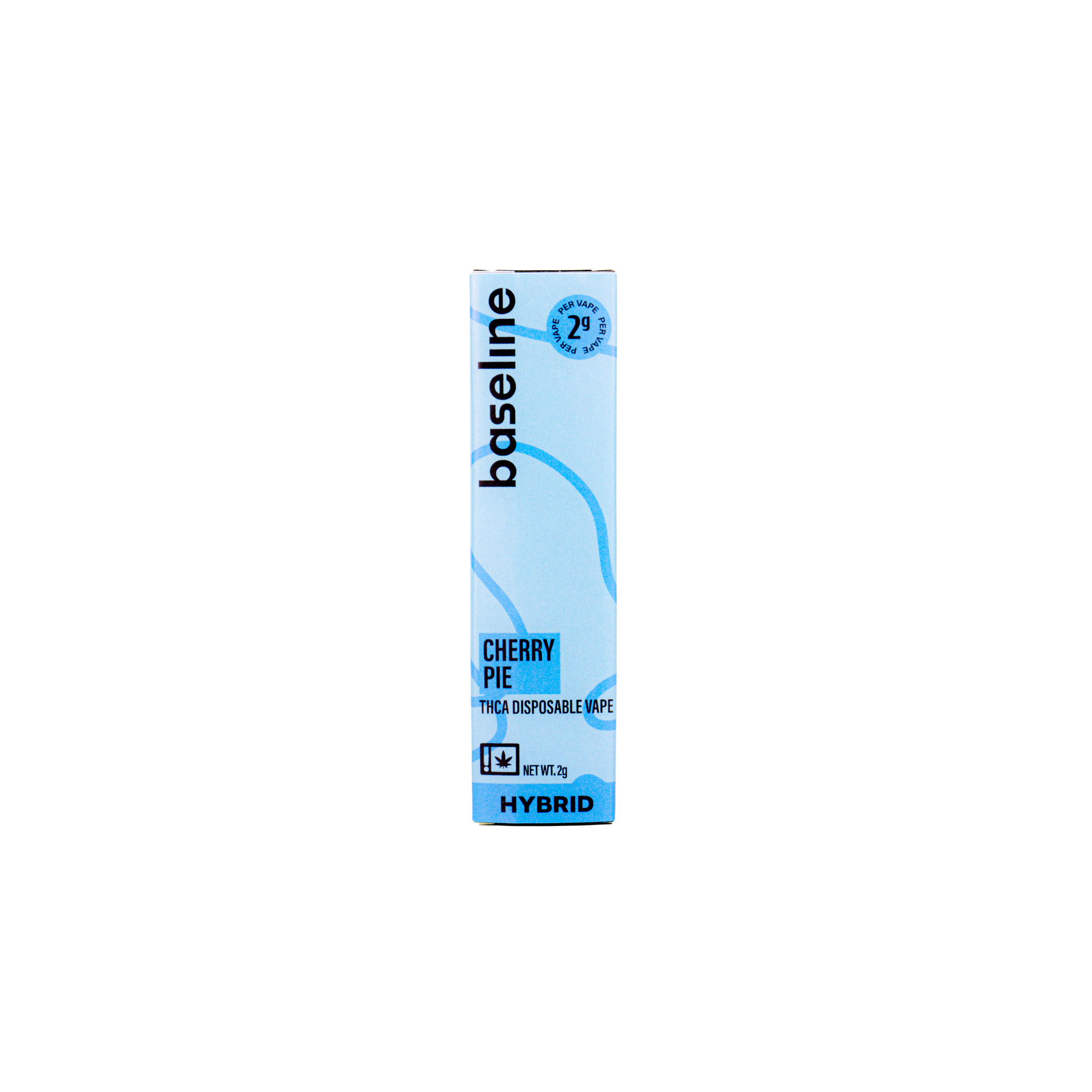
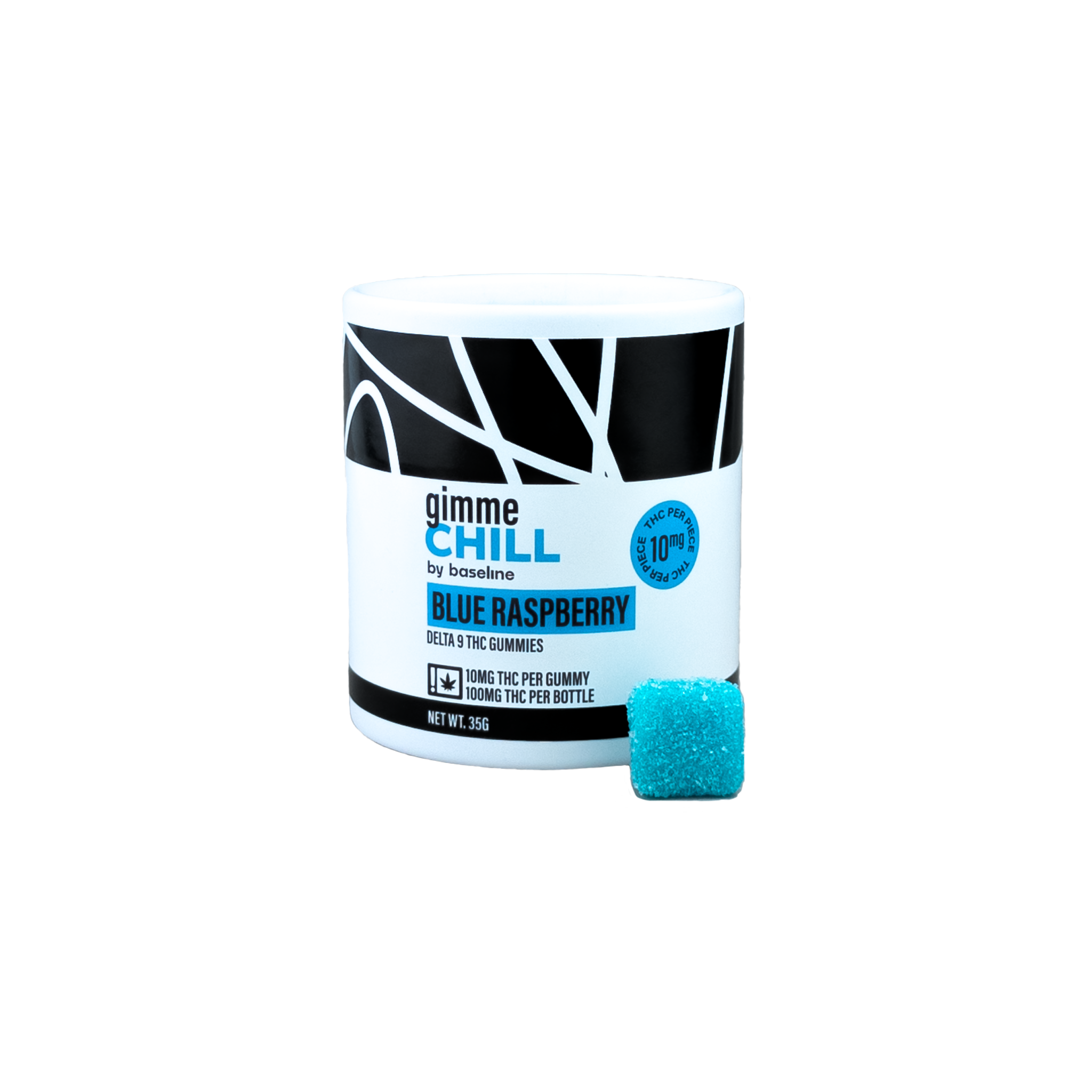
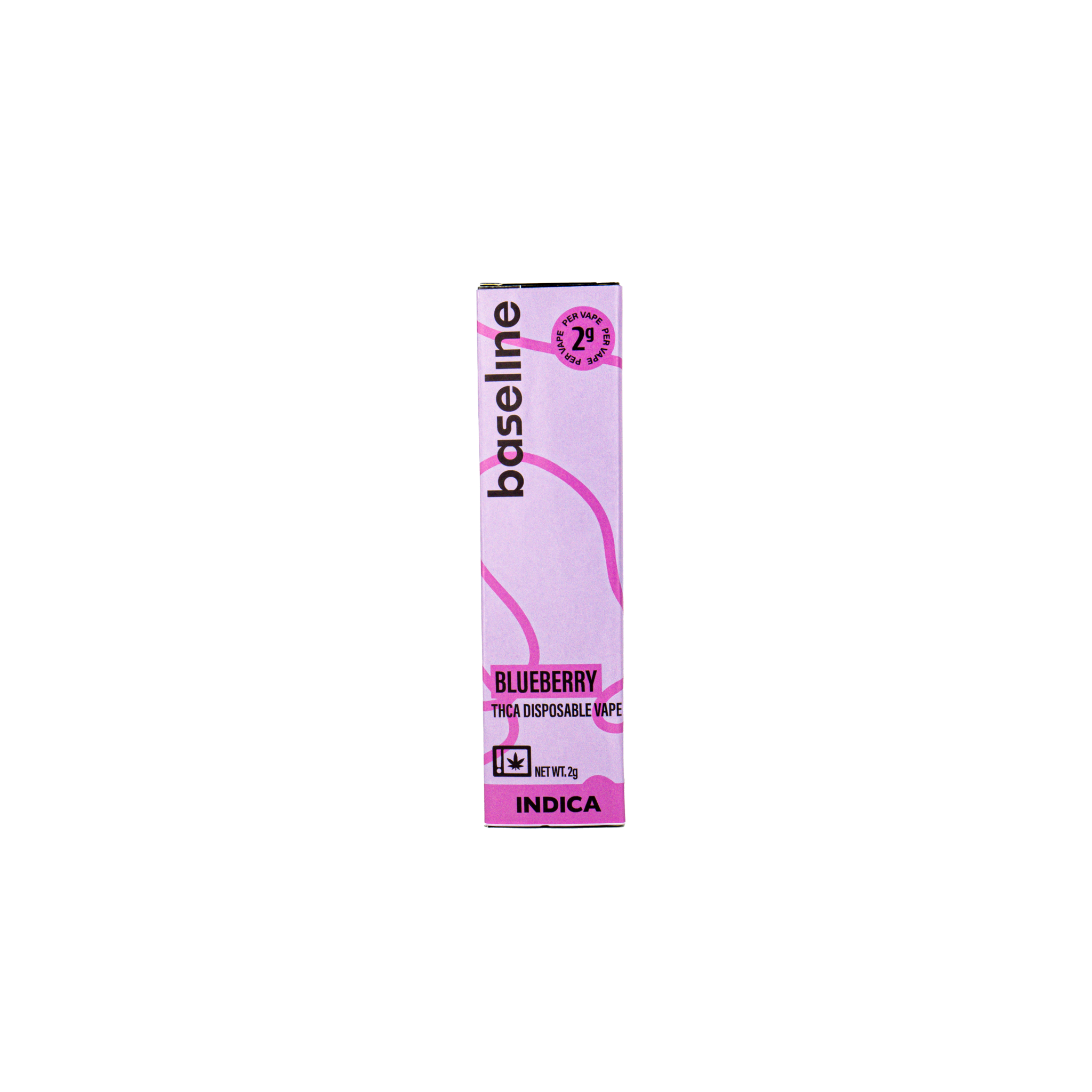
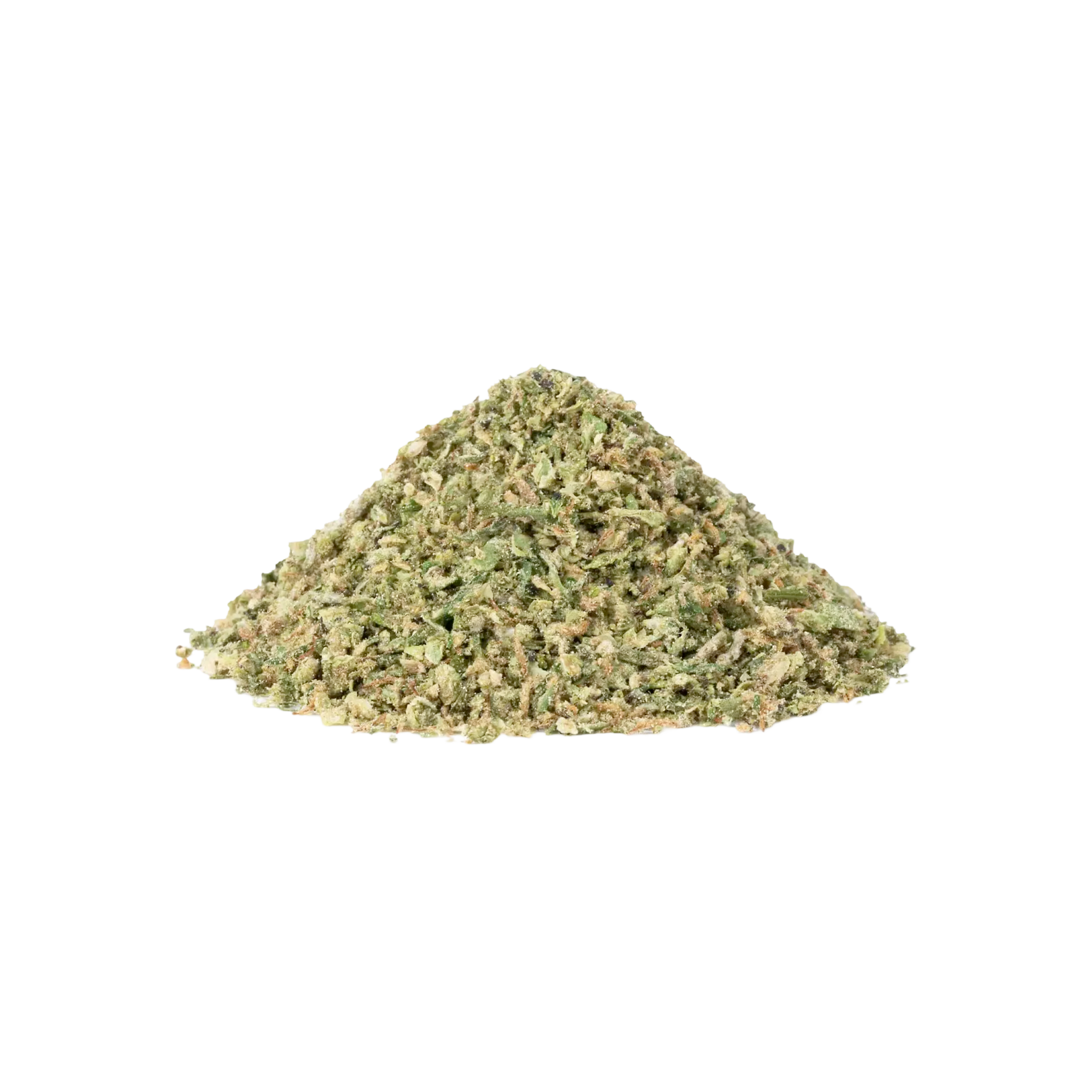
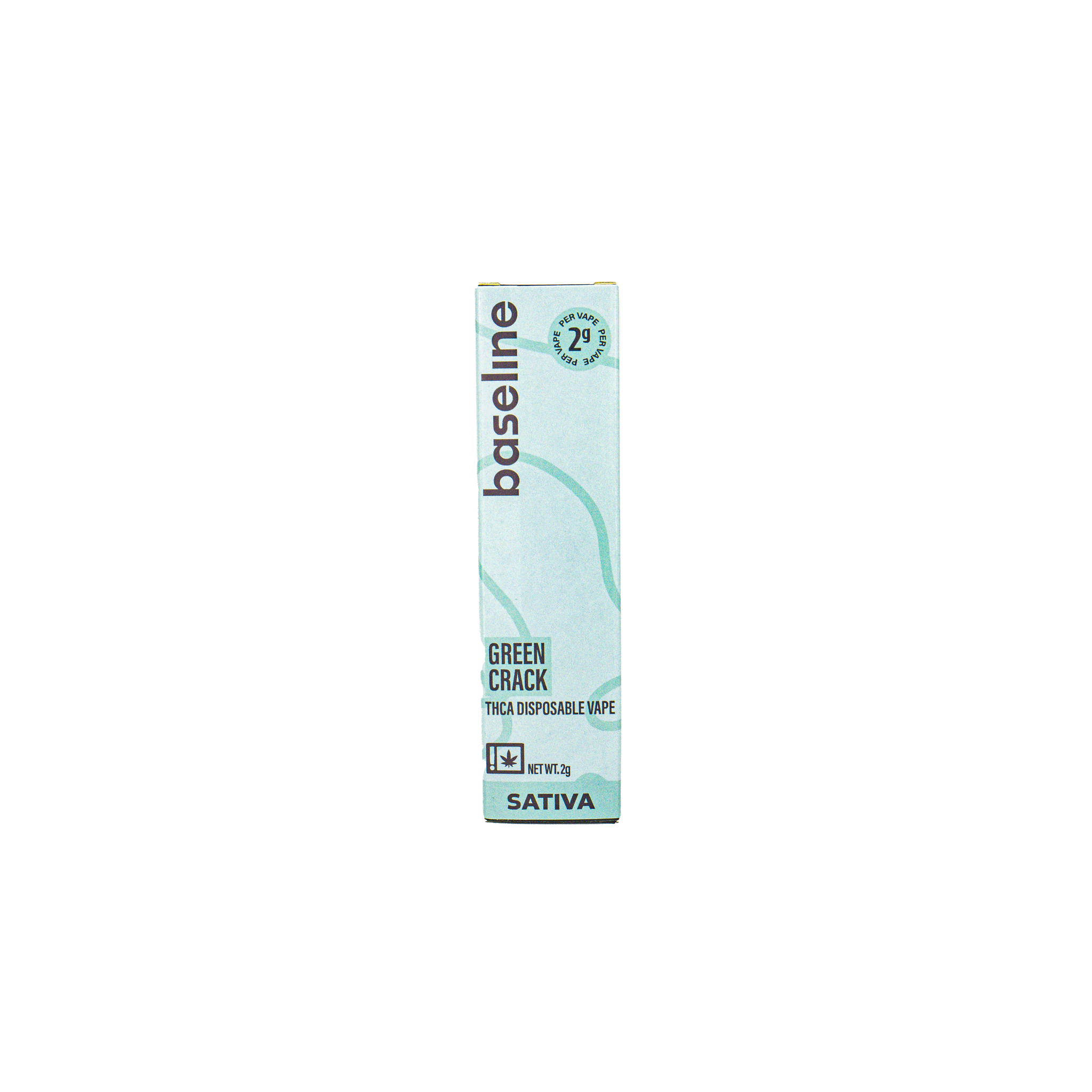
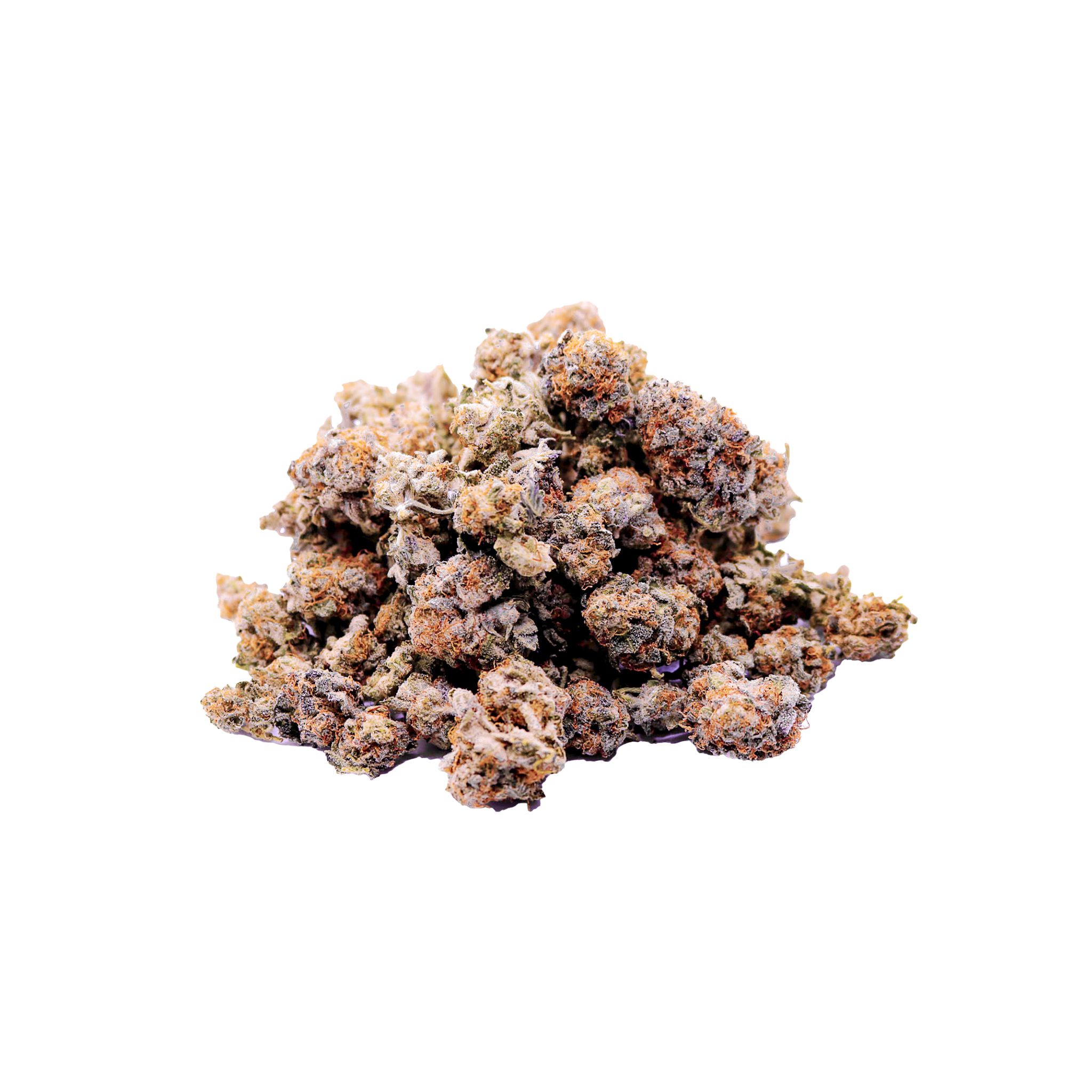

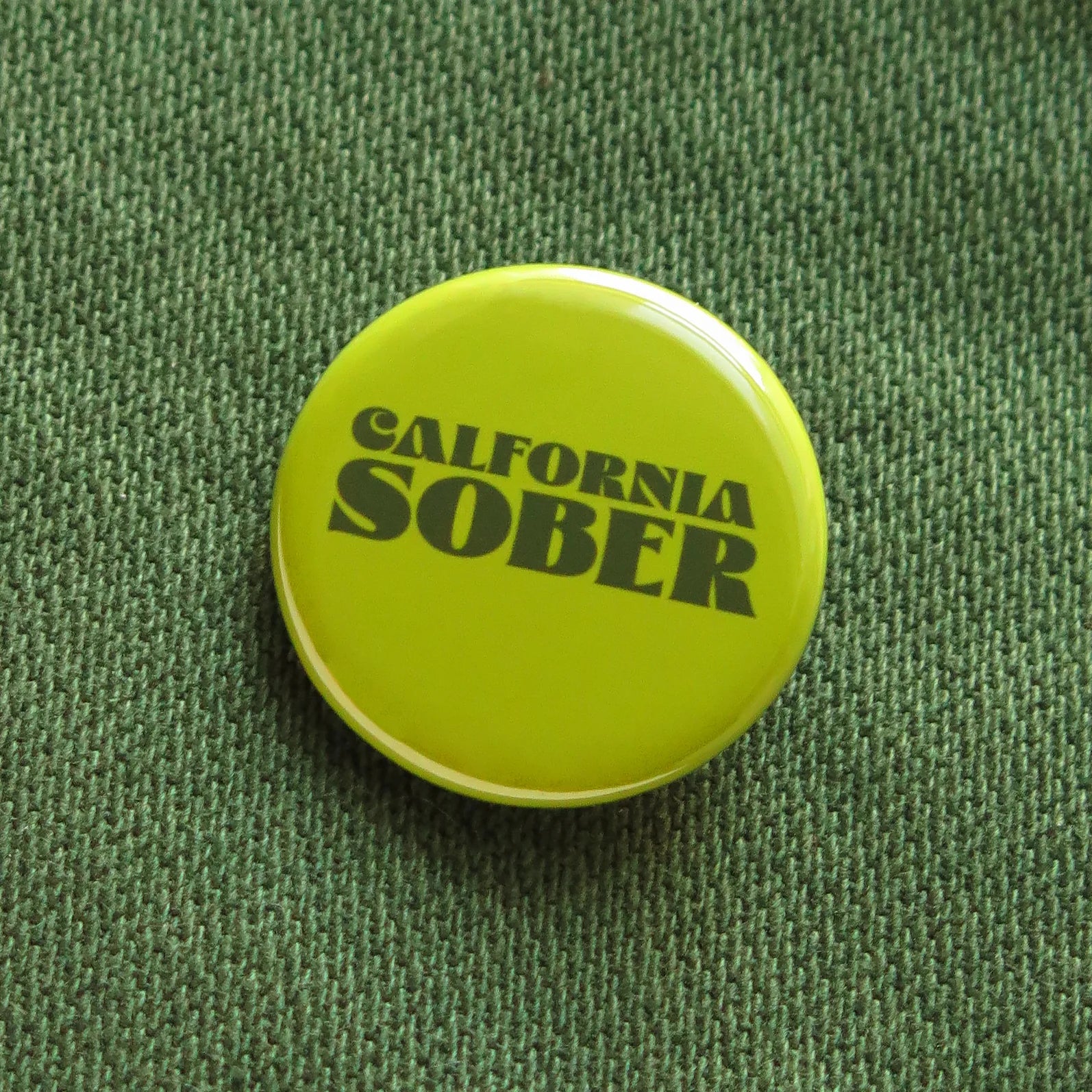
What is Cannabis? | A Comprehensive Guide
The 2018 Farm Bill | A Game-Changer for the Cannabis Industry